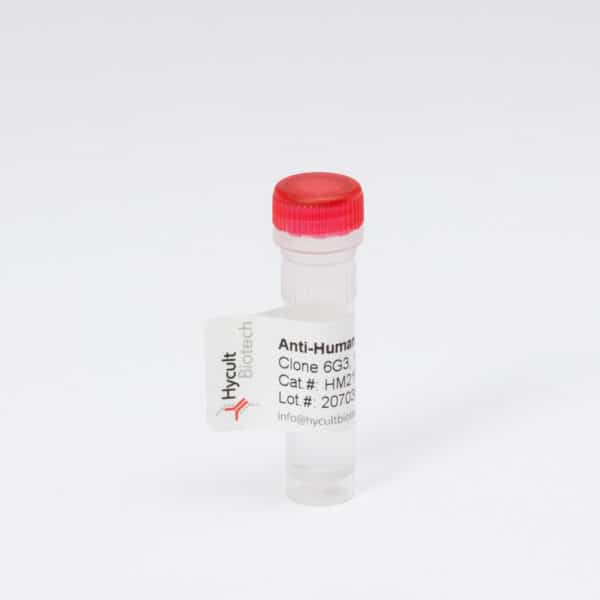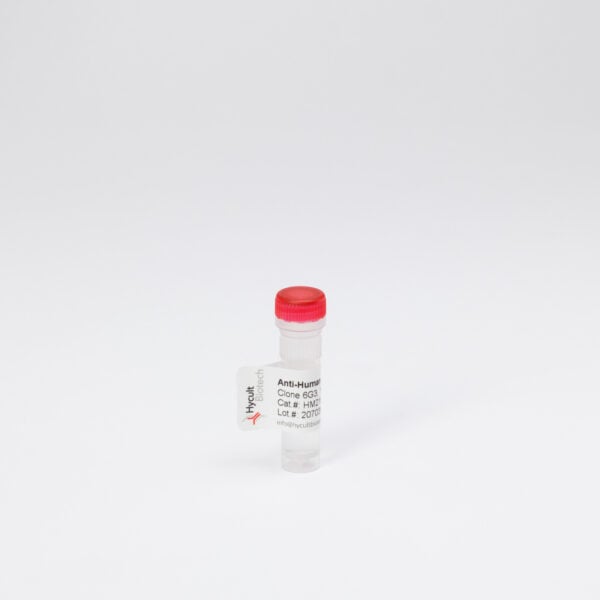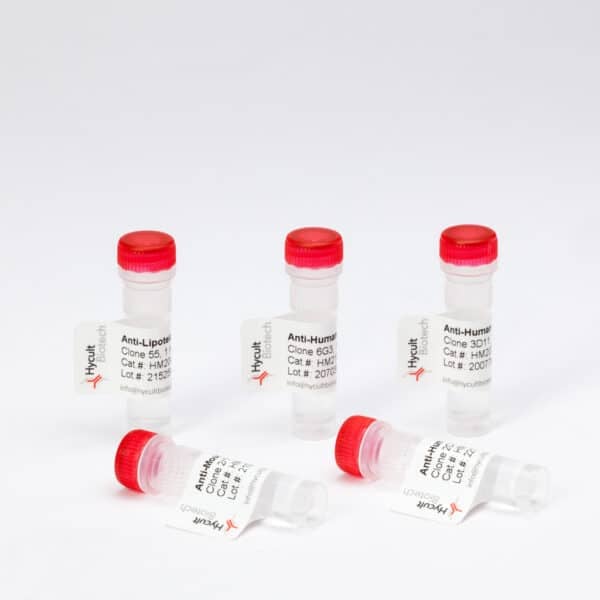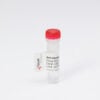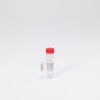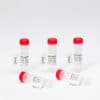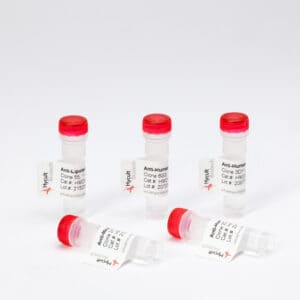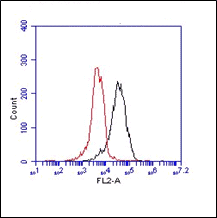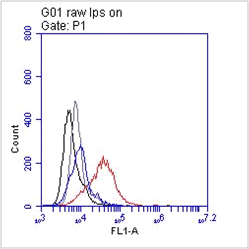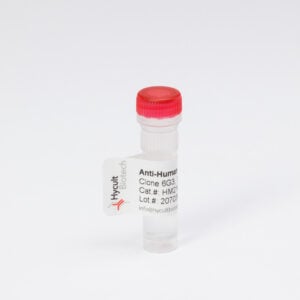EF-Tu, E.coli, mAb 900
€139.00 €383.00Price range: €139.00 through €383.00
The monoclonal antibody 900 recognizes elongation factor Tu (EF-Tu), a 43 kDa multifunctional protein present in Escherichia coli. EF-Tu is one of the most abundant proteins present in prokaryotes, representing about 5 % of the total cellular protein of E. coli. During protein biosynthesis, the elongation process, EF-Tu catalyzes the binding of each aminoacyl-tRNA to the ribosome. It also interacts with several macromolecules and guanine nucleotides, including EF-Ts, GDP, GTP, and some ribosomal proteins. Monoclonal antibody 900 recognizes EF-Tu in organisms belonging to bacterial and archaeal domains, yet no organisms from the eukaryotic domain. The panbacterial distribution of EF-Tu, which is present in large amounts in every prokaryotic cell, renders this protein a good candidate for diagnostic purposes. The highly conserved epitope recognized by monoclonal antibody 900 is located at the very end of the N-terminus of the EF-Tu molecule (SKEKFE).
